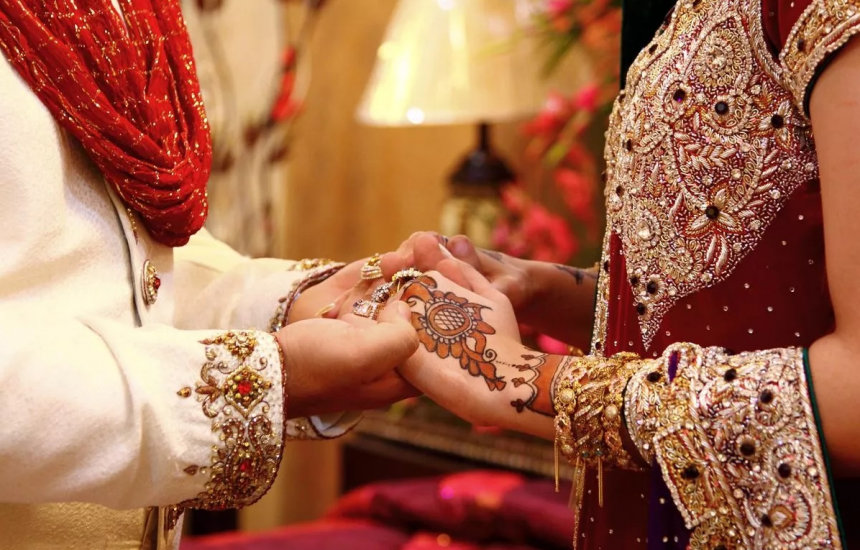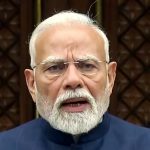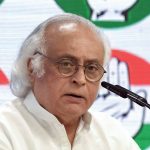Over the past few decades, the age of marriage has been increasing in every region of the world for both men and women; furthermore, more than half of marriages occur after age 30 in many developed nations. A decline in the number of marriages has been marked globally for decades, specifically among economically developed regions, such as Europe and the U.S.
Nowadays, both men and women prefer late marriage because they want economic empowerment in their life. Also, if these people study in universities or for master’s or Ph.D., their marriage age would be late. On the other hand, career targets make people delay their marriages even if they have a partner in their life. When they delay their marriage age, they may face advantages, such as time for personal growth, education and career opportunities, good mental health, and disadvantages, such as birth rate, disagreement between spouses, etc.
Responsibilities increase with marriage; for this reason, some people cannot focus on their personal growth. When people get married, they might not have enough time for the development of their personality. In the modern era, personality growth begins to be more important than before because many people have started to give importance to their careers as well as their personalities. In particular, women who get married early and give birth cannot focus on their personality growth because of their other responsibilities.
Some of the researchers point out the importance of the maturity effect. At an early age, marriages can be at a higher risk of disruption because the spouses are more likely to be based on mistaken expectations. The young spouses might have insufficient self-knowledge and be unconfident about their own and their partners’ potential characteristics. People who divert marriage have plenty of time to choose the marriage partner of their choice thereby directing them to a regular marriage. People who spend their years as single before marriage can display more adultness in their matrimonial marriages due to their quality of tolerance, knowledge, tranquility under stress, and willingness.
Worldwide, the establishment of the marriage bond is generally accepted as a prerequisite for fertility; therefore, late marriage negatively affects the fundamental function of family institutions’ persistence of lineage. One of the most major negative impacts of late marriage is delayed childbearing which impresses population growth. Late marriage can also be a reason for abnormality in children. Even if the women can give birth, sometimes these births result in children having mental problems.
Late marriage is not beneficial for the family and society because it may lead to a generation gap between the children and parents. The definition of the generation gap is an irritating absence of contact between young and old or a valuable period that divides culture within a society permitting them to evolve their personality. This gap provokes a lack of touch and arrangement between the two ages since the old generation’s and the new’s belief of the world was dyed by how the community operated during their youth.
In the twenty-first century, young people pay more attention to their education and career choices because they want to be economically comfortable. In addition, cohabitation has become common among people. That is another factor in delaying marriage. Late marriage has more disadvantages than advantages because when we review the literature, we realize that disadvantages are more crucial than advantages. All disadvantages are nearly related to health conditions.
In Jammu and Kashmir, late marriages are taking a heavy toll on the youth of Kashmir, impacting their physical and mental well-being, social dynamics, and economic prospects. Societal norms, economic challenges, and a changing lifestyle have contributed to this phenomenon, prompting experts to call for awareness campaigns, policy interventions, and community support to address the issue.
Late marriage has very bad consequences like arising the problem of infertility among couples. And unfortunately Jammu and Kashmir tops the list of regions having huge infertility rate. According to a government survey, Jammu and Kashmir has the highest proportion of unmarried persons within the age group of 15-29 years, among all States and UTs.
According to Ministry of Statistics and Programme Implementations ‘Youth in India 2022’ study J&K has a highest percentage of 29.1% of young people (age upon 29 years ) who are not married than the national average. Infertility has become a major of concern. It fell to 2.3 in 2007 and later to 2. Now it is only at 1.4 far below the national average of two since 2015-16.
A combination of factors, including educational pursuits, economic instability, and aspirations for better career opportunities, has led to young people delaying their marriages. While the pursuit of education and career advancement is commendable, the prolonged period of singlehood has its consequences.
Many experts warn that late marriages can lead to increased stress and anxiety among the youth, who may feel societal pressure and personal insecurities about their marital status as this prolonged phase of singlehood can negatively impact mental health and self-esteem, potentially leading to issues like depression and loneliness.
Furthermore, the late marriage trend can have implications on physical health. According to the medical experts delaying marriage and parenthood can affect fertility rates, increasing the risk of complications during pregnancy and childbirth. This is particularly concerning in a society where family and community are deeply valued.
Moreover, the changing dynamics of late marriages also impact societal structure. Kashmiri society is closely knit and familial relationships play a pivotal role. The delay in marriage disrupts the traditional family structure, which may have unintended consequences on social cohesion and community harmony.
Marital bonds are not only personal but also serve as connections between families and communities. Delayed marriages can potentially affect these bonds, leading to altered social dynamics.
Recognizing the multifaceted challenges arising from this trend, experts emphasize the importance of addressing the issue holistically. Awareness campaigns aimed at promoting the benefits of early marriages, while also acknowledging the significance of education and career aspirations could play a pivotal role in shifting societal attitudes. Open discussions about mental health, societal pressure, and the impact of late marriages can help remove the stigma associated with these topics, encouraging young people to seek support when needed.
To conclude, marriage stays a significant organization that spreads the foundation of a family that is the origin of society. In developed countries, the late marriage has become popular among people, and many people start not to give importance to marriage because of accepting priorities of women’s and men’s careers, and many other things. On the other hand, with the increase in career opportunities for both women and men, they do not want to have a baby or get married early or on time. Also, few paradoxes keep young adults away from the idea of marriage.
(Author can be mailed at [email protected]. X/Twitter: @haniefmha)








